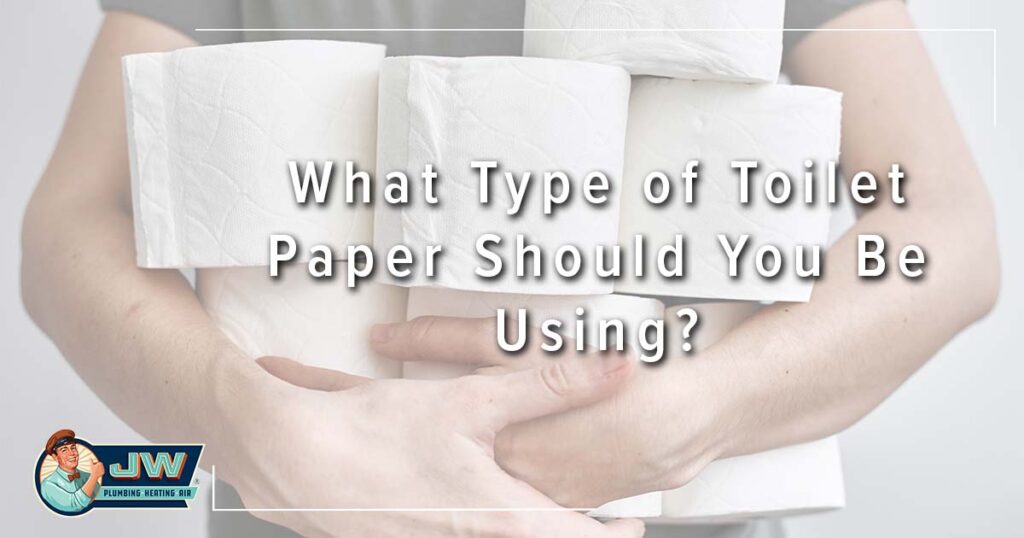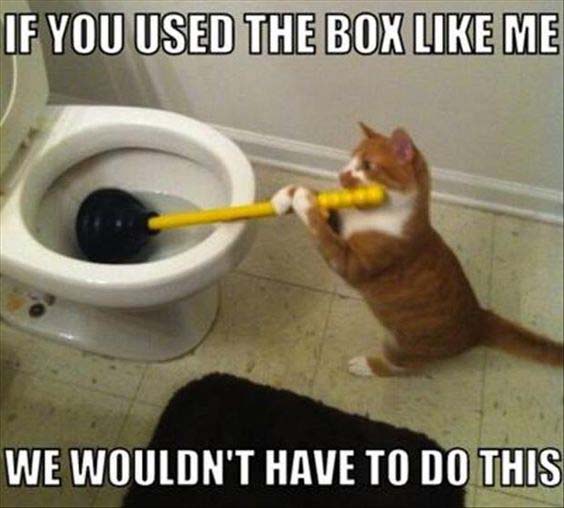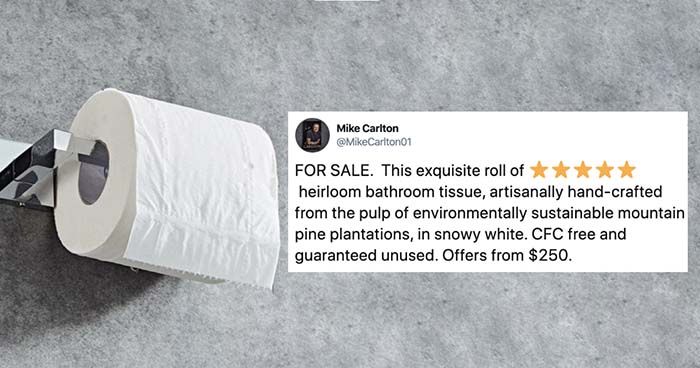
What Type of Toilet Paper Should You Be Using?
It seems as though a clogged toilet is the great equalizer. No matter where you live or what you do, chances are you’ve had to deal with it. The good news is that you can work to prevent them in the future. Part of this starts with toilet paper! Yes, toilet paper. We’ll share what type of toilet paper is best for your pipes.
The Type of Toilet Paper Matters
When you think about it, the toilet paper you use is a very personal decision. Many of us choose our favorite brand based on the product’s texture, thickness, and softness. But other factors may impact your choice of toilet paper — such as the condition of your plumbing system.
Many different brands and styles of toilet paper are available today — including some that are marketed as environmentally friendly or biodegradable. Because of this, it’s important to make sure you choose one that works well with your plumbing system and budget.
The Main Factors to Consider
When choosing your toilet paper, it is important to consider the following four factors.
How Fast it Dissolves
Most toilet paper isn’t designed to dissolve quickly in water. So, when a clog does occur, the toilet paper can easily get caught on an existing clog, or cling to the walls of your pipes.
Toilet paper companies are aware of this issue and have responded by introducing fast-dissolving toilet paper. If you live in a home with finnicky pipes, fast dissolving toilet paper is something you should look into.
Chlorine-Free
Sometimes chlorine can affect the growth of bacteria in your septic tank or plumbing pipes. Manufacturers are coming out with toilet chlorine-free toilet paper that helps keep your septic system operating smoothly and helps to prevent any backups.
Strength
The ply count of a roll of toilet paper is the number of sheets per ply. A single-ply roll has one layer of paper and can be used for most household tasks. However, most people prefer double-ply toilet paper, which has two layers. This provides greater strength and durability when in use.
Eco-Friendly
Eco-friendly toilet paper is made from recycled materials, including recycled post-consumer paper. It’s also made using low-impact manufacturing processes and renewable energy. As more people become environmentally aware, there’s been a greater demand for toilet paper made from bamboo or toilet paper made from post-consumer waste.
Why Ply Matters
2-ply toilet paper is more expensive than 1-ply. But this does not mean it will be better for your septic tank and plumbing system.
Toilet Paper That Can Hurt Your Plumbing System
If you want to avoid a plumbing maintenance bill, don’t flush these types of toilet paper:
Flushable Wipes
Wipes marketed as “flushable” may be labeled in a way that implies they’re safe to flush. But like any product, they have a certain amount of time to break down after being flushed, and some don’t break down at all.
Extra Soft
Extra soft toilet paper doesn’t break apart easily. Meaning, when you flush the toilet, a big clump of tissue will sit in the pipes until something pushes it out of the way. Soft tissue may feel nice on your bottom, but it can cause blockages and slow down the flow of water through your pipes.
3 or 4-Ply Toilet Tissue
You’ll probably clog your pipes if you use 3 or 4-ply toilet paper. The extra layers of paper are just too much for the water pressure to push through.
The Best Type of Toilet Paper to Use
The best type of toilet paper to flush down your toilet is low-ply (1-ply). This helps preserve the strength of your pipes because it doesn’t clog them as easily. However, we all know that single-ply toilet paper is no fun to use. 2-ply is really the best way to go.
If you have a septic tank, this is especially important because the septic tank is designed to handle solids and not liquids or paper products. Using too toilet paper that’s too thick can create an issue in your septic tank.
Need plumbing maintenance for your Los Angeles home? Call the plumbing professionals at J.W Heating and Air for all your home plumbing needs.






